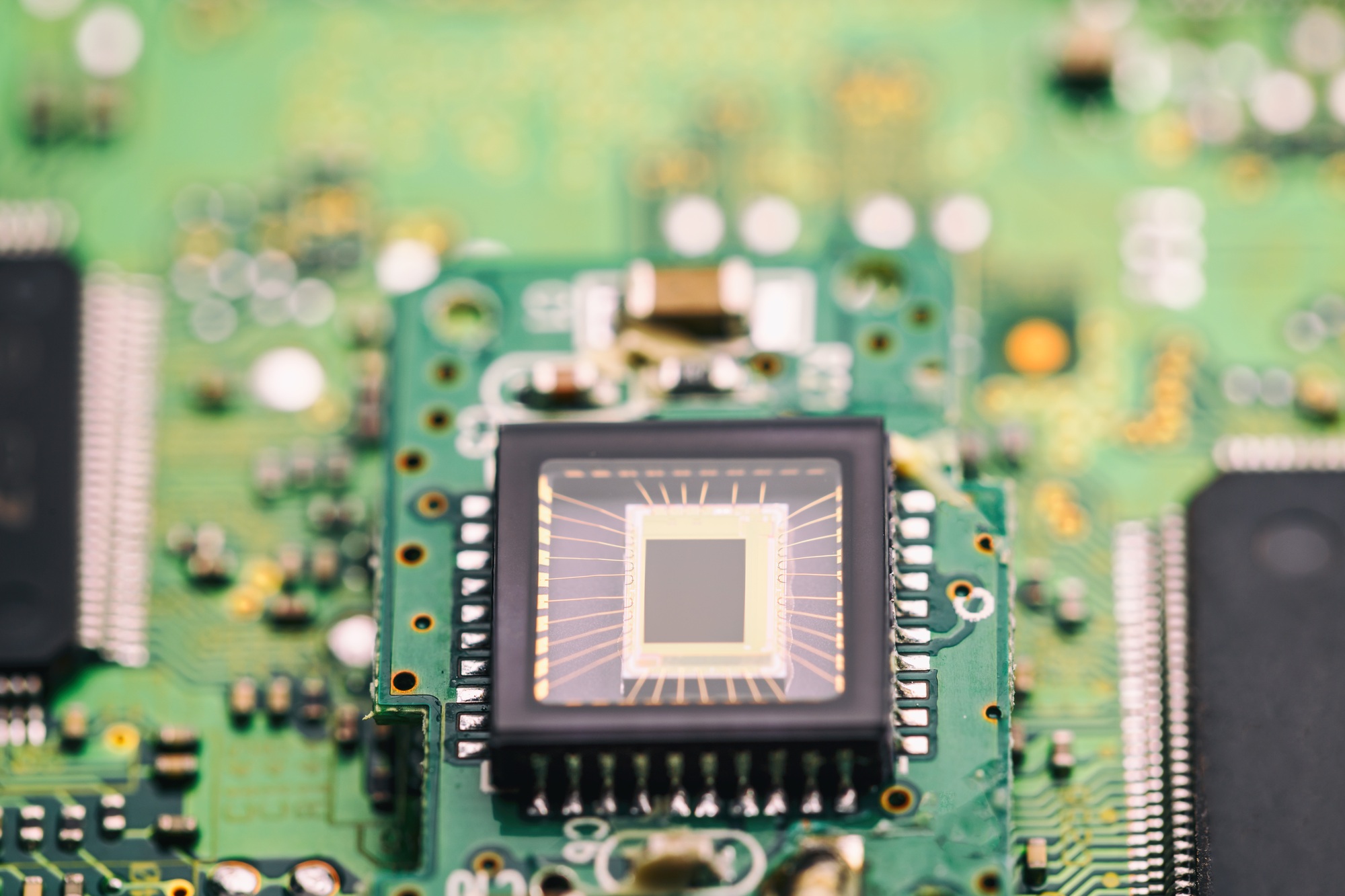Nvidia continues to be under the burden in U.S. congressional circles amid reports claiming that the high-end AI chips remain in China despite stiff export bans.
Representative Bill Foster, a Democrat from Illinois and a former physicist, is preparing a bill to require chipmakers to use built-in tracking and authentication tools to trace the movement of chips after they are sold. The goal is to keep banned AI chips from surreptitiously crossing borders and powering unauthorized systems.
A High-Stakes Crackdown on AI Chip Leaks
“There’s credible evidence—some public, some not—that chips covered by U.S. export controls are being smuggled into China at scale,” Foster told reporters.
While the exact scale of these alleged violations remains unclear, the urgency is real. Foster’s bill, backed by bipartisan support, would require the U.S. Commerce Department to develop enforceable tracking rules within six months of passage.
The bill’s central idea is that AI chips should not only be smart—but traceable. Foster argues that many of these semiconductors already contain built-in telemetry capabilities. Under the proposed legislation, those capabilities would be activated to ensure that export-restricted chips aren’t ending up where they shouldn’t—particularly in China’s AI and defense sectors.
Nvidia in the Crosshairs
While Nvidia has previously said that tracking chips post-sale is beyond its control, lawmakers are pushing for hardware-based safeguards that could disable functionality or alert authorities if chips are misused.
The legislation comes on the heels of reports that China’s DeepSeek used banned Nvidia chips to develop advanced AI systems—despite restrictions meant to prevent such exports. These developments are stoking fears that U.S. technological advantages could be unintentionally fueling China’s AI race.
Nvidia declined to comment on the draft bill.
A New Playbook for Export Control
This proposed legislation signals a broader shift in how the U.S. approaches tech export enforcement. It’s not just about banning the sale of sensitive components anymore—it’s about controlling where they actually end up.
Co-sponsors of the bill include Representatives Raja Krishnamoorthi and John Moolenaar, both members of the House Select Committee on the Chinese Communist Party, which has been leading the charge against Chinese access to critical U.S. technologies.
“You can’t win the AI arms race if you’re supplying the other side,” one congressional aide said bluntly.
What’s Next for Nvidia?
If passed, the bill could reshape how semiconductor companies like Nvidia operate globally—especially in high-demand markets like Asia and the Middle East. For now, it raises new compliance hurdles and places Nvidia under increased scrutiny, even as it continues to dominate the AI chip market.
Investors are watching closely. Nvidia shares dipped 0.73% Monday amid renewed policy jitters. With enforcement measures tightening, questions loom: Can Nvidia maintain global momentum while navigating a patchwork of export restrictions?







